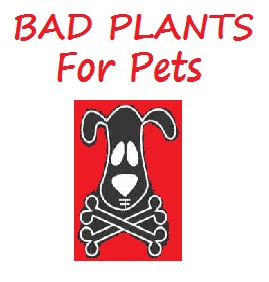Heliotrope

This plant should be considered toxic as it contains the pyrrolizidine alkaloids; lycopsamine, intermedine, and echiumine. Ingestion can cause severe illness and possibly death in horses, swine, and cattle. The alkaloids are potent liver toxins that under some conditions can be carcinogenic. For horses that have ingested a potentially lethal amount of the plant and/or are suffering advanced symptoms the illness has been termed "walking disease" or "sleepy staggers". The name being a reference to the fact that affected horses may appear blind and wander aimlessly, walking in circles or bumping into objects. Other visible symptoms that are typically associated with severe intoxication include: muscle tremors, especially of the head and neck; frequent yawning, copper colored or red urine, difficulty or inability to swallow, horses may stop eating halfway through a mouthful of food; horses may stand with their heads held down, head pressing, dragging of the hind legs, causing the hooves to have worn tips, random attacks of frenzy and violent, uncontrollable galloping.
Once an animal begins to show signs of severe intoxication there is little that can be done to stop disease progression and inevitable liver damage. As a result prevention is the best treatment option. Luckily the plant is not very palatable and most animals will completely ignore it unless no other forage is available. Poisonings typically occur from ingestion of the green plant or when the plant becomes a contaminant in hay. Always check hay for signs of contaminants and ensure animals are provided plenty of quality hay and feed, if animals are left to graze ensure the pasture provides plenty of non hazardous plants to forage upon.
Avoid further ingestion of the plant and contact a veterinarian. As stated above, once an animal begins to show advance signs of intoxication there is little that can be done to stop disease progression. Therefore, prevention is the best option. Further ingestion of the plant must be prevented. Due to the liver damage that has likely occurred as a result of the toxin, protein intake should be limited as it may prove detrimental, it is suggested that animals be fed foods high in carbohydrates instead. Animals with damage to the liver (lesions) may progressively worsen over the course of several months eventually culminating in death. Amino acid supplements (Methionine in 10% dextrose solution, IV) can be used to assist horses with liver damage. Even with treatment, the prognosis is guarded to grave as pyrrolizidine alkaloid poisoning has shown to severely decrease the livers ability to regenerate.




